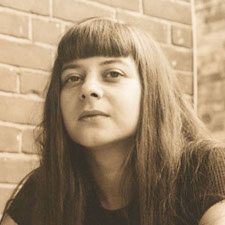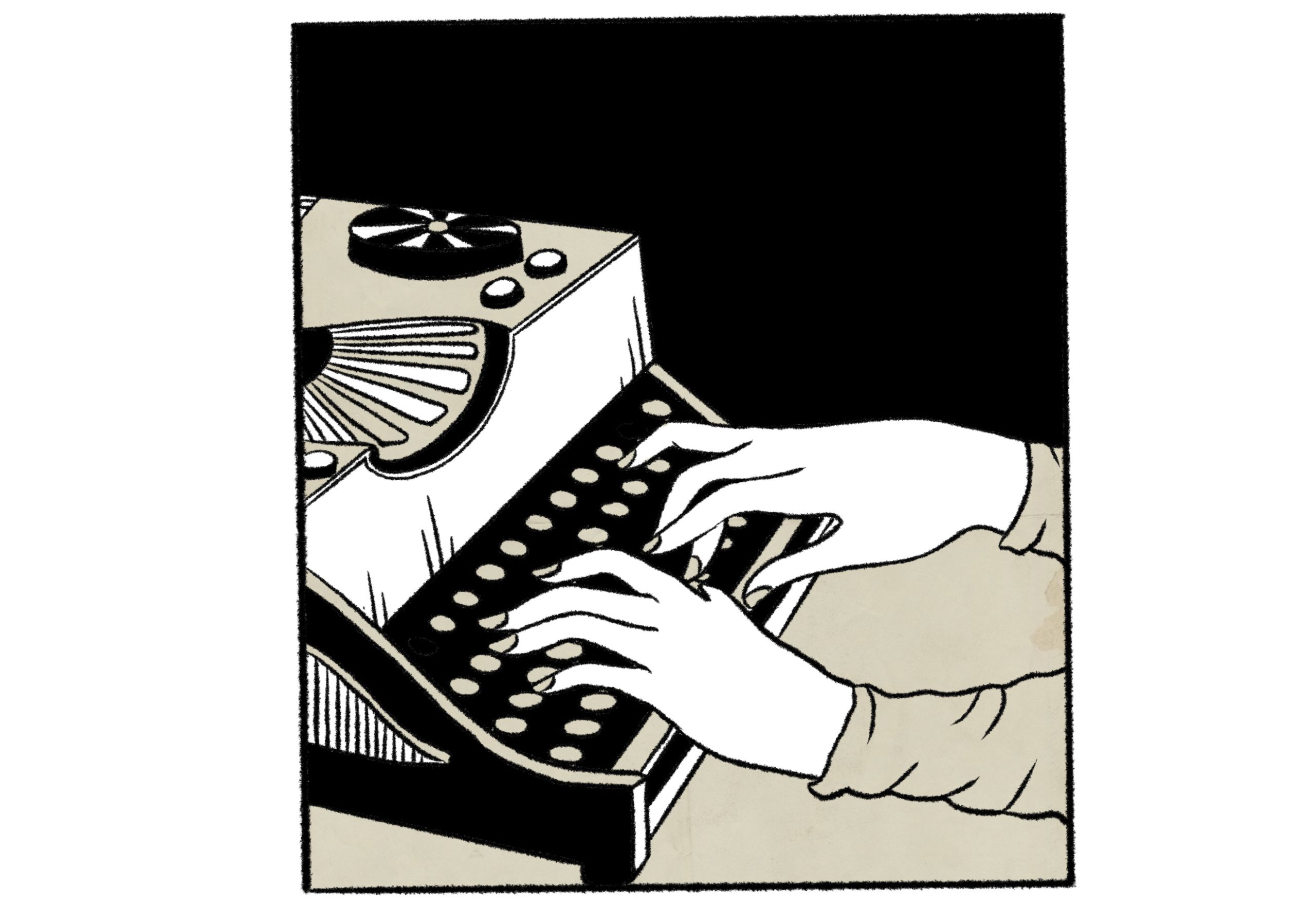The common cultural narrative of the Western canon has historically been a place where many voices and stories were excluded. However, in the last 60 years, the literary canon has evolved to become a place where more voices are being heard, and more stories are being told. This expansion continues to this day because professors in the English literature community, like Jenifer Duncan and Dr. Kenzie Allen (and many that came before them), are expanding the canon.
When we speak of the “Western canon,” also sometimes referred to as the “English canon,” we are talking about traditional literary works that have most likely dominated one’s high school, college, and university English classes. These major works of literature by important authors are said to be the essential books for students to read.
As one can imagine, the traditional Western canon has occupied a precarious place within the world over the past few decades. It has traditionally been a place that excluded many voices and stories that did not conform to Eurocentric structures. What this means is that the stories that were considered the most valuable were often the ones that followed rules set out by people in power.

When asked what the cultural narrative was when they first started studying English literature and creative writing courses, Allen said it was “one based on colonial paradigms, and kyriarchal structures (like patriarchy, ableism, racism, ageism, and so on).”
Within the cultural narrative there was a “clear interest in delineating and holding at arm’s length ‘the other,’” Allen continues, telling of one such example from when she was studying literature but remained academically unexposed to Indigenous literature until graduate school.
There was a pervading exclusion of world literature even in classes that were meant to study world literature. She found them to be “an amorphous category,” where the majority of the books on the reading list were written by men and focused on Eurocentric traditions.

“The dominant narratives have restricted the self-determination of people who have been alienated or othered by Eurocentric or Western paradigms. But it’s not just ‘the canon’ we need to change, it’s also the conclusions we make,” Allen says.
Challenging the overarching narrative within what we read and who we read is at the forefront of expanding the canon.
Duncan explains that in her early years of studying, “the cultural narrative was in an energizing state of contest as postmodern theories allowed us to question everything in complex ways and challenge dominant master narratives.” It is a consistent challenge not only to the master narratives (the stories that we have been told are the right stories), but one we ourselves must make in order to grow.
Academic Challenges

Throughout their academic careers, Allen and Duncan have faced a myriad of unique challenges. Allen shares with us her experience of “occupying a particular, sociopolitical position as a Native and tribally-affiliated person. Lack of access to mentorship, distance from my home communities, lack of recognition of Indigenous texts within ‘the canon’, accessing health services, education initiatives, as well as needing to reconnect to and support my reservation community.”
Allen tells us, “I used to drive seven hours there and back from graduate school. My family lives somewhat in a matriarchy, and with that comes responsibilities.” These were challenges she had to contend with in graduate school.
Allen uses this knowledge to extend understanding and compassion to her students. “I want to help clear a path however I can and be there to support that next generation. I’m thankful to the mentors and elders and aunties along the way who did the same for me, and the support I have received inside and outside academia. And I really lean into my cultural traditions, my communities, other ways of knowing. Oneida core values, particularly kaliwi:yo – the use of good words about ourselves, our nations, and our peoples.”
Duncan, in turn, expresses the constant pressure to publish and advance while struggling as a sole-supporting, single mother to a young child. The difficulties she faces these days in her life as a writer, a mother, and a professor come from the fact that getting a tenure-track job is difficult as she does not have the resources as a single mother to constantly publish and build up her curriculum vitae.
Traditional Western Canon
In terms of any change to the canon’s inclusivity, Allen says one of the prime examples of its lack of inclusion and its centreing on a colonial standpoint is “the exclusion of oral histories and storytelling methods, multimodality.”
The Western canon “prioritizes certain logic systems. Those are the power dynamics which reflect the world around us, at any given time. We must question them,” Allen says.
This is why she encourages her students to question everything in her classes. “Structural inequality goes hand in hand with how ‘the canon’ is created,” Allen explains. “And as we’ve fought to address structural inequality, that can carry the expansion of the canon with it.”
She tells us that once we as students, professors, and individuals really see each other, “we will realize there is so much to be gained, to be appreciated, and to learn from in each other’s stories.” That isn’t to say that there isn’t much to be learned from texts deemed ‘real literature,’ as they are “both things of beauty, and things to push back against or take back.
“It’s important to honor the context of these writings,” Allen continues. “And to that end, I’m always reconsidering how I frame these texts. One example is a lesson about the book of an Indigenous woman author being oftentimes associated mainly with ‘trauma’ – whereas the book in question seemed to me to be operating by means of intertextuality, and to that end, we could read an additional Indigenous woman’s book to look at form. They both had moments of trauma, but many other moments as well, many seeking to transcend pain. Sometimes we have to challenge even the stories we seem to crave.”
On challenging the canon, Duncan states, “I try to include texts from a diversity of voices, not just in terms of gender and ethnicity, but in terms of sexual orientation, class, historical context, etc. But, just as importantly, I am explicit about raising questions around how we read, our expectations as readers, what contexts and perspectives we bring to our reading, and how to expand these.
“I emphasize developing a historic consciousness to better contextualize historic texts and perceive our own historic moment, and raise questions about how form as well as content has been infected with patriarchal, colonialist values.”
According to Duncan, classes today are incredibly diverse compared to when she first started teaching. Reading and cultural habits have changed since then. She says that when she began teaching 20 years ago, “the vast majority of creative writing students were white (though from diverse ethnicities) and reading literature was still a common practice, so we had a shared Western culture. Now, our classes are incredibly diverse, so our only shared culture is pop culture.”
In her classes she discusses issues such as authentic voice and appropriation; how certain avant-garde movements can be used by marginalized voices to dismantle the privilege producing these forms; how to play with the English language and unpack gendered pronouns; how the l’ecriture feminine theorists interpret traditional rising action-climax-denouement plot structure.
“I still believe in a canon,” she says. “An expanded and diverse canon.”
Advice

When asked what advice they would give to students, or even bookworms, on how to continue to change and expand the cultural narrative, Allen says: “Find your sources, your elders, your constellations. Grow from those knowledges and communities you enter, and support the enrichment and expansion of community and equity. Make and hold space for others, especially toward that expanded and finally-recognized canon.”
Allen wants us to see each other, and to see who isn’t in the room at that moment. “To empower our resistances and alternative storytelling methods, we must deconstruct our readerly biases and expected conventions, to identify those we might push back against and those who uphold systemic inequities and oppressions.”
Allen goes on to say we need to “identify the gaps in our knowledge, and then to seek out teachings, to expand our lens, to use the power of the creative toward more complete pictures, and to model worlds you want to see. We can’t make what we can’t imagine.”
“Read more challenging and literary works by a diversity of voices,” Duncan urges. “Decolonize your imaginations, and question more deeply not only your reading, but your life. Honour your voice and your vision by expanding it beyond what is already familiar to you.”
Duncan goes on to say that writing workshops are powerful because it allows for the opportunity to have a voice, and a transformative one at that. Throughout her years of teaching she’s seen many extraordinary students come into themselves and find out more about who they are through the simple act of writing and telling their stories.
Allen suggests students read the following anthologies and books:
- New Poets of Native Nations by Heid E. Erdrich
- When the Light of the World Was Subdued, Our Songs Came Through by Joy Harjo et al.
- The Breakbeat Poets
- My Mother She Killed Me, My Father He Ate Me
- No Heaven for Good Boys by Keisha Bush
- Milk Blood Heat by Dantiel W. Moniz
- Spin the Dawn by Elizabeth Lim
- Echo North by Joanna Ruth Meyer
- Elatsoe by Darcie Little Badger
Duncan’s book recommendations include:




